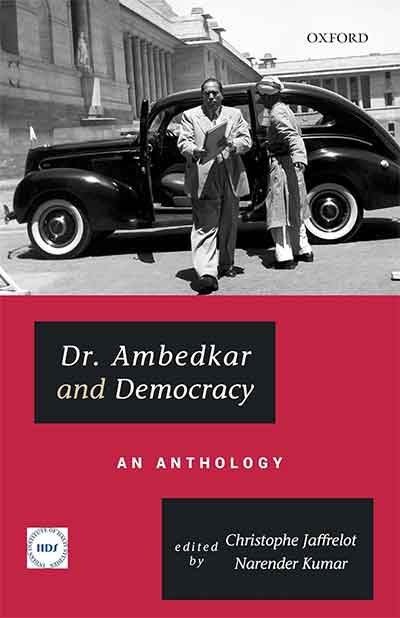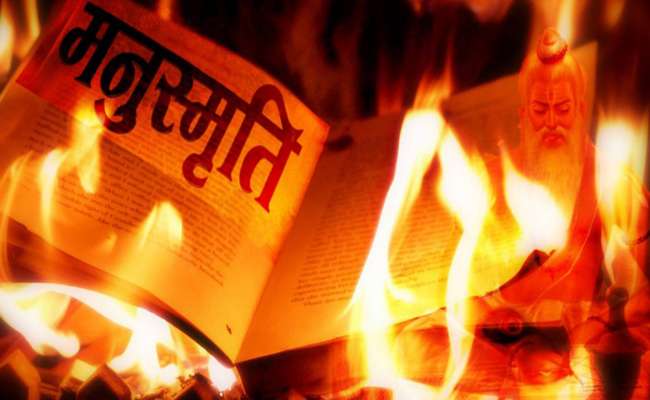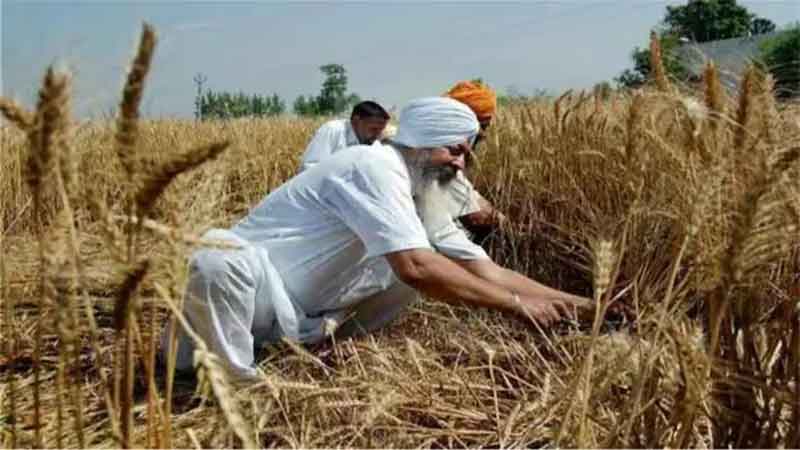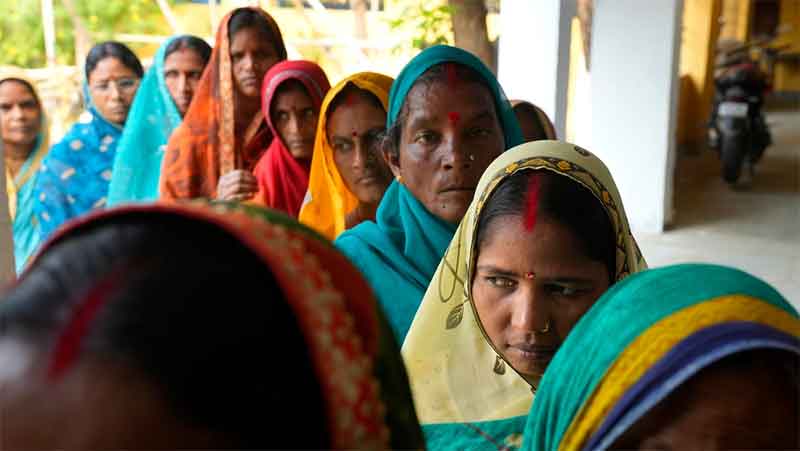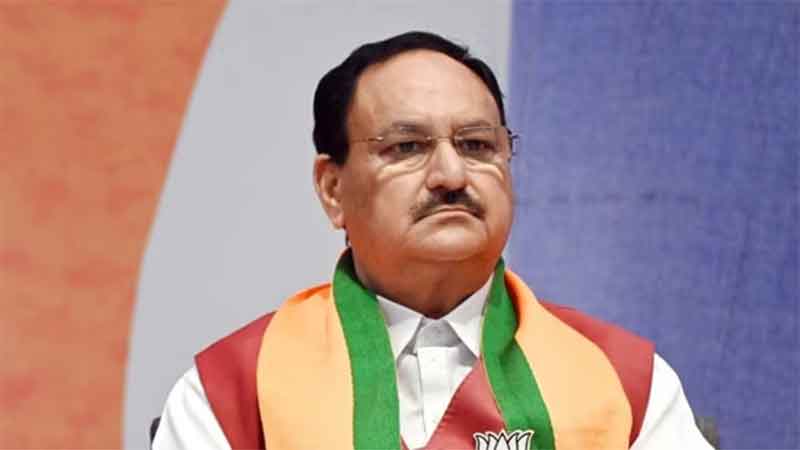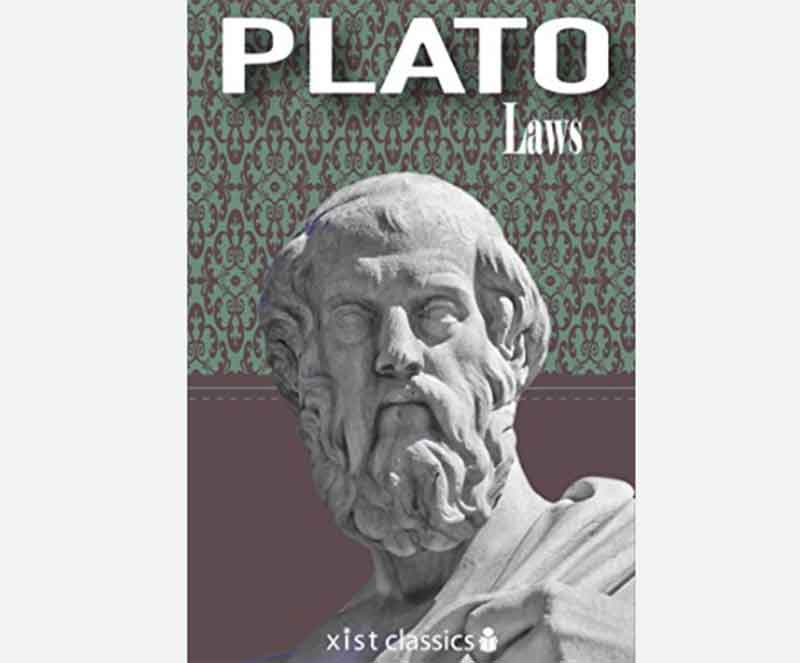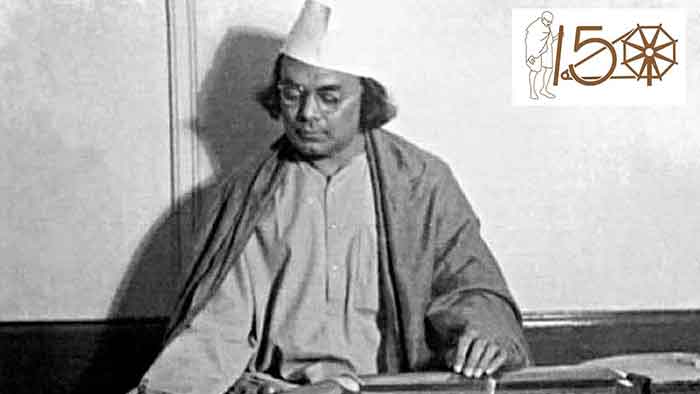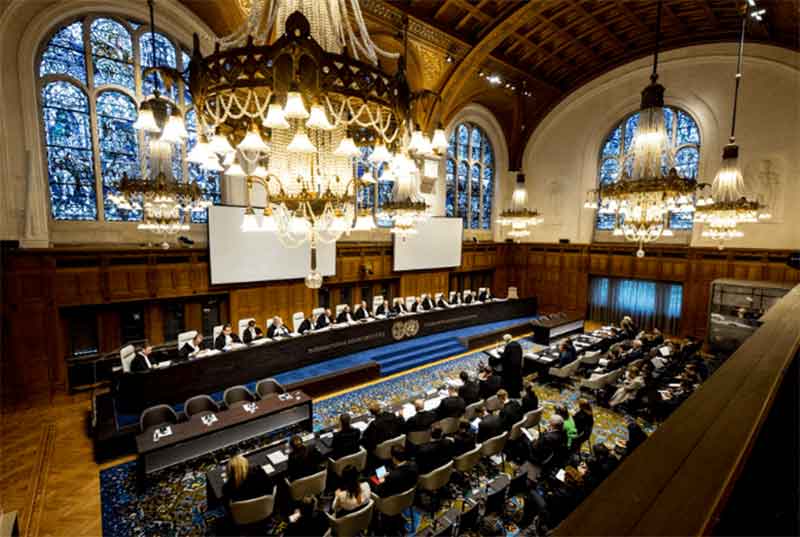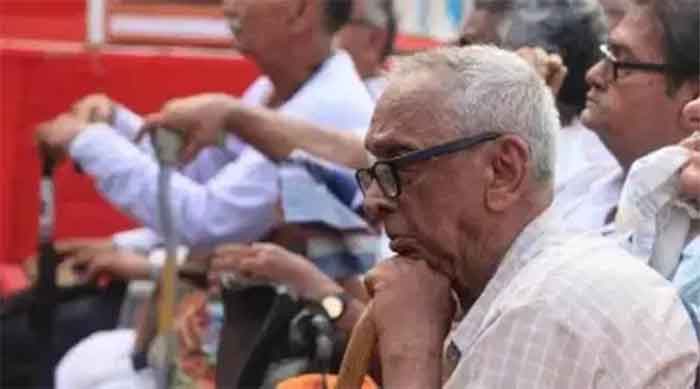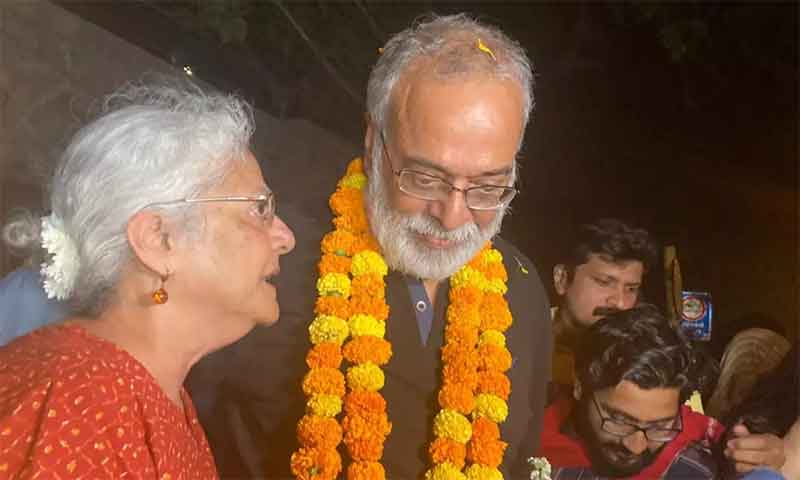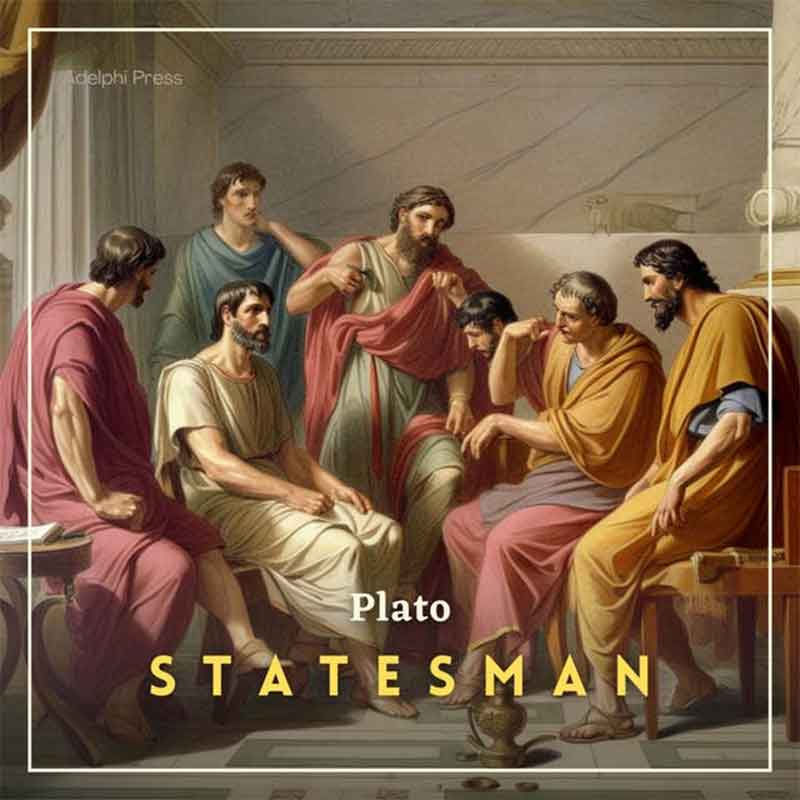
“Unless the conflict in a social structure where equality in the political sphere and inequality in the socio-economic sphere is resolved, the victims of inequality will not fail to destroy this political structure.”
– Dr. B. R Ambedkar, Constitutional Debate, Vol XI, pg 979.
Ambedkar played a vital role in creating the material conditions for the workers of India to work with dignity and self-respect. But the mainstream historians have forced to forget the extensive plans implemented by him and the rights secured by him. There have been many labour movements in our country. They have also had many achievements. If the workers of India have got any rights today, one of the main reasons is Dr. B.R. Ambedkar. Without Dr Babasaheb Ambedkar, today the future of India workers would have been in pitch darkness.
Dr. Ambedkar is a person who should be considered as the front fighter of labor movements in India. His care and love for oppressed people can be seen throughout his life. He made remarkable interventions to find solutions to several problems faced by the Indian working class both inside and outside the legislature. Ambedkar observed that “not only the division of labor but also the division of labour” related to the caste and production system. In India, work was not optional. We could only do the work assigned to our caste. Moreover, there was a sharp gap between different castes. This gap did not make social interaction between them possible, more precisely it was impossible for the working class of India to unite on a common platform of workers. It is this problem that Ambedkar put before the politics of class struggle in India. “At the practical political level, the core of Ambedkar’s position was to place the abolition of caste as a prerequisite for working class unity.” Dr Ambedkar formed Independent Labor Party and included socialism in its aims. If society wants to be organized economically, it needs to be made socially non-discriminatory. In India there was a social system which prevented the society from reaching a single caste system. It is here that Ambedkar formulates action plans that provide equality and justice. A society where everyone exists with equality will be free of exploitation.
The Department of Labour was established in the year November 1937 and Dr Ambedkar took over the Labour portfolio in July 1942. The policy formulation and planning for the development of irrigation and electric power was the major concern. It was the Labour Department, under the guidance of Dr Ambedkar, that decided to establish “Central Technical Power Board” (CTPB) for power system development, hydel power station sites, hydro-electric surveys, analysing problems of electricity generation and thermal power station investigation .The resolution presented by Ambedkar in the 7th session of the Indian Labour Conference held in November 1942 demanding the reduction of working hours from 14 to 8 hours was later passed. During his tenure as a member of the Viceroy’s Council, he brought forward some important labour laws, including social security schemes for workers. Ambedkar had a clear understanding of equal pay, medical leave and insurance for both men and women workers. Moreover, the committee of which he was a member was able to appoint a special officer to ensure insurance cover for sick workers.
Ambedkar’s intervention spurred strengthening of employment exchanges to trade unions, and in 1943 he amended the Indian Trade Union Act to legalize trade unions. On January 25 and 26, 1944, in the meeting of the Permanent Labour Committee held at Lucknow, he made significant interventions on issues such as famine relief for industrial workers in India, maintenance of service records and canteens. To ensure the safety of women workers, he took care to draft and implement the Women Labour Protection Act, Maternity Benefit for Women Labour, Act prohibiting employment of women in coal mines. Dr Babasaheb framed many laws for women workers in India such as ‘Mines Maternity Benefit Act’, ‘Women Labour Welfare Fund’ and ‘Women and Child Labour Protection Act’. Workers State Insurance (ESI) provides benefits to employees in the form of medical care, paid time off, workmen’s compensation, and physical disability resulting from accidents at work. It was brought about and enacted by Dr. Babasaheb Ambedkar for the benefit of workers. Among the East Asian countries, India was the first to introduce the Insurance Act for the benefit of workers. At the plenary session of the Tripartite Labour Committee in October 1944, Ambedkar intervened to establish a permanent system for ensuring wages, savings, employment, housing schemes and general social conditions, with the aim of providing adequate resources for planning social security policies for labour. Babasaheb Ambedkar is the reason why workers are able to go on strike in defence of their rights because he distinctly recognised their “Right to Strike.” Dr. Ambedkar introduced the “Indian Trade Unions (Amendment) Bill” on November 8, 1943, with the goal of requiring trade unions to be recognised. Dr. Ambedkar argued that the nation’s economically downtrodden classes ought to be heavily involved in its development.
In this way, Ambedkar tried his best to make the rights of workers in India possible. His interventions as a member of the Viceroy’s Council and as the first Law Minister of independent India, as well as his struggles outside the state, have been instrumental in shaping democratic India. But, including in this field of work, world has not properly known the interventions made by Ambedkar. Therefore another Ambedkar reading has to be made possible
Reference
- Central Legislative Assembly Speeches 1942-46, Volume 18; Dr. Ambedkar Complete Works
- Budhha or Karl Marx, Dr. B R Ambedkar
- India and Communism, Dr. B.R. Ambedkar and Anand Teltumbde
- Marx Ambedkar Manava Vimochana Drukpathalu , Anand Teltumbde
- Marx and Ambedkar: Continuing the Dialogue, D. Raja and Muthumohan
- Ambedkar’s Role in Economic Planning Water and Power Policy, Sukhadeo Thorat.
Naveen Prasad Alex is a master’s student in biological sciences at the University of Turku, Finland. He is a Junior Fellow of the New York Academy of Sciences and has authored two books in Malayalam. He is also passionate about Anti-caste movements, Anthropology and politics.





